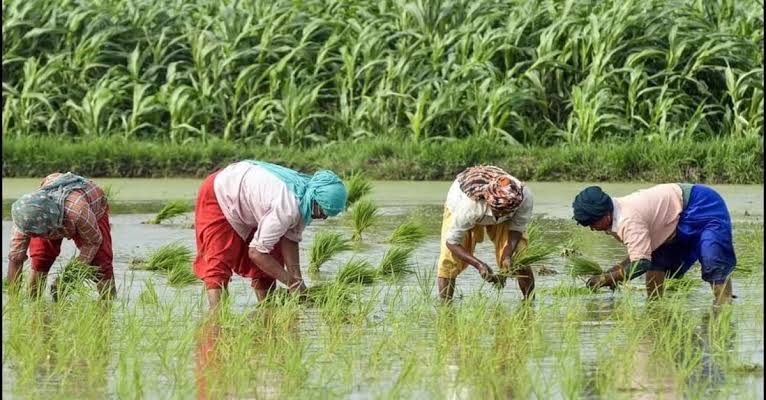Odisha Government Mandates Field Visits to Strengthen Farmer-Centric Approach

New directive ensures accountability, grassroots feedback, and improved agricultural outcomes
Bhubaneswar: In an effort to make agricultural schemes more farmer-oriented and effective, the Odisha Government has directed senior officials of the Agriculture and Farmers’ Empowerment Department to undertake regular field visits across districts and blocks.
The directive was issued on Tuesday by Principal Secretary Dr. Arabinda Kumar Padhee, who emphasized that officers at all levels must step out of offices and interact with farmers to review the real-time progress of government programmes.
The order applies to senior officials including the Director, Additional Directors, Joint Directors, Deputy Directors, and scheme-specific officers, making the initiative one of the most extensive field engagement plans introduced by the department in recent years.
According to the notification, the purpose of the initiative is to ensure better coordination between farmers and officials while identifying bottlenecks in scheme implementation. By engaging directly with cultivators, frontline workers, and local stakeholders, the department expects to bridge the gap between policy design and execution on the ground.
Officials will review the implementation of major schemes, identify hurdles in service delivery, and collect feedback directly from beneficiaries. The insights gained during these visits will play a crucial role in refining agricultural programmes and making them more responsive to farmers’ needs.
The government has laid down a strict reporting mechanism to ensure accountability. Each officer is required to submit a concise report of their field visit to the Principal Secretary within seven days. These reports will not only track the pace of implementation but also highlight success stories and best practices that can be replicated in other regions.
Additionally, all Heads of Directorates have been instructed to prepare a monthly tour calendar, ensuring wide coverage of different districts. Special attention will be given to aspirational blocks and vulnerable areas where farmers face structural challenges, limited resources, and adverse climatic conditions.
The Agriculture Department has underscored that the new directive is a part of the state’s broader push for inclusive growth. By involving senior officials in field inspections, the government aims to ensure that schemes designed for farmers—whether in irrigation, crop insurance, subsidies, or market linkages—are reaching their intended beneficiaries without leakages or delays.
“This is not just a monitoring exercise but an accountability measure to ensure our programmes remain people-oriented and farmer-focused,” a senior official of the department said.
One of the key aspects of the initiative is direct farmer–official interaction. Unlike traditional review meetings held at district headquarters, these field visits will involve face-to-face discussions with farmers in their villages and fields. Officials are expected to listen to farmers’ concerns, understand regional variations in challenges, and suggest immediate remedies wherever possible.
Such interactions, the department believes, will enhance trust between farmers and the administration while providing valuable ground feedback for policy recalibration.
The move comes at a crucial time when Odisha is striving to enhance agricultural productivity, improve farmer incomes, and promote sustainable practices. With the state government’s focus on doubling farmers’ income and ensuring food security, effective implementation of schemes becomes paramount.
By pushing senior officers into the field, the government hopes to create a more responsive and accountable administrative system, ensuring that agricultural programmes are not just announced but are actively transforming farmers’ lives.
The Agriculture Department views this initiative as a long-term measure to improve governance in the farm sector. Regular reviews, transparent reporting, and grassroots-level engagement are expected to streamline scheme delivery and make agriculture in Odisha more resilient and farmer-friendly.
As the system evolves, the state government expects this approach to set a model of participatory governance in agriculture—where farmers’ voices directly shape policy outcomes.








